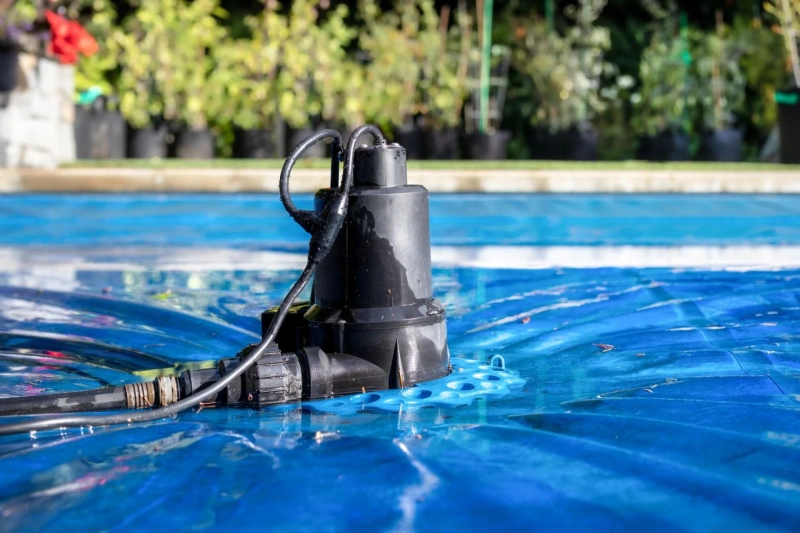Installing a pool pump is a crucial step in maintaining a clean and well-functioning pool. However, before embarking on this project, it's important to understand the factors that can influence the cost of the installation process. By considering these factors, you can make informed decisions and plan your budget effectively. In this article, we will delve into the key elements that determine the cost to install a pool pump, providing you with valuable insights and expert advice.
Pump Type and Size
The type and size of the pool pump you choose have a significant impact on the overall installation cost. Different pump types, such as single-speed, dual-speed, or variable-speed pumps, come with varying price points. While single-speed pumps are generally more affordable, variable-speed pumps are known for their energy efficiency and long-term cost savings. Additionally, the size of your pool and its specific needs will also affect the price. Larger pools often require more powerful pumps, which can result in a higher installation cost.
Labor and Professional Assistance
Deciding whether to install the pool pump yourself or hire a professional is another factor to consider. While a DIY approach may save you money on labor costs, it's important to have the necessary skills and knowledge to complete the installation safely and correctly. If you're uncertain about the process, it's recommended to hire a professional who has expertise in pool pump installations. Their experience will ensure that the installation is done efficiently and to industry standards, providing peace of mind.
Additional Equipment and Upgrades
During the installation process, it's essential to assess if any additional equipment or upgrades are required. For instance, you might need to install or replace plumbing lines, valves, or electrical connections. These additional components can add to the overall cost of the installation. Additionally, if your pool system requires upgrades or modifications to accommodate the new pump, such as installing a larger filter or upgrading the electrical panel, these expenses should be factored into your budget as well.
Location and Accessibility
The location and accessibility of your pool can influence the installation cost. If your pool pump is easily accessible and located close to the pool area, the installation process is typically more straightforward and less time-consuming. However, if your pool equipment is located far from the pool or in a challenging location, such as a basement or rooftop, it may require additional effort and time for installation, which can increase the overall cost.
Local Market and Supplier Rates
The cost to install a pool pump can also vary depending on your location and the rates charged by local suppliers and contractors. Prices can fluctuate based on factors such as the demand for pool pump installations in your area, the availability of skilled labor, and the competition among suppliers. It's advisable to obtain quotes from multiple suppliers or contractors in your area to compare prices and ensure you are getting a fair estimate for the installation.
Conclusion
When considering the cost to install a pool pump, it's important to evaluate various factors such as pump type and size, labor costs, additional equipment or upgrades, location and accessibility, and local market rates. By carefully assessing these elements, you can make informed decisions that align with your budget and pool maintenance needs. Remember to weigh the upfront costs against long-term benefits, such as energy efficiency and the overall lifespan of the pump. Whether you choose to install the pool pump yourself or hire a professional, being aware of these cost factors will help you achieve a successful and cost-effective pool pump installation.


